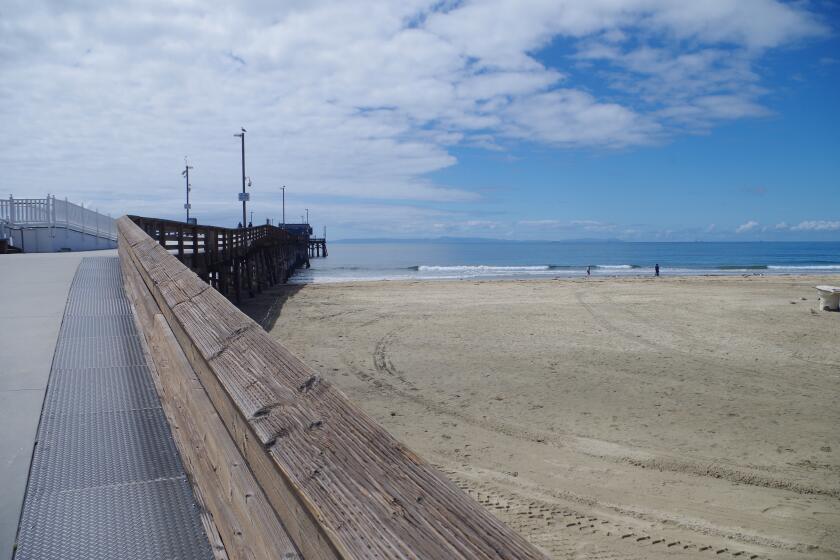Remembering another perspective on ‘Memorial’ origins
- Share via
David C. Rankin
In his column Sunday ( “Waterloo and Moina’s red poppies”), Peter
Buffa correctly emphasizes the Civil War origins of Memorial Day.
He is also correct in pointing out that hundreds of towns have
claimed to be the birthplace of what was originally known as
Decoration Day.
After surveying the contenders, Buffa has apparently joined former
President Lyndon Johnson in choosing Waterloo, N.Y., as home to the
nation’s first Memorial Day service. But it is worth noting that in
recent years a number of historians have given pride of place in this
debate to Charleston, S.C. There, on May 1, 1865, nearly 10,000
African Americans and a handful of Northern whites held a ceremony
commemorating the lives of some 250 dead Union soldiers. The service
consisted of parades, prayers, speeches, hymns and the decoration of
graves with freshly cut spring flowers.
Buffa rightfully stresses that Memorial Day should be a time of
remembering “all those who lost their lives defending ours.” But
surely Memorial Day should also be a time of reflecting upon the
causes and consequences of the wars in which America’s youth have
been cut down like fresh spring flowers.
In the case of the Civil War, Memorial Day actually contributed to
forgetting what Lincoln had emphasized in his Gettysburg Address,
Second Inaugural and other speeches -- that a barbarous slave system
had caused the war, that 180,000 black soldiers had contributed
decisively to Union victory, and that the war had inaugurated a “new
birth of freedom” for all Americans. These themes, never accepted in
the South, had faded in the North as well by the last quarter of the
19th century.
As David Blight and several other leading historians have
suggested in probing discussions of Memorial Day services during the
half-century following Appomattox, it was easier for Americans to
celebrate and sometimes sentimentalize the death of 620,000 Civil War
solders than to confront the legacy of slavery and fulfill the
promise of equality.
Beginning in the mid-1870s, Memorial Day ceremonies increasingly
focused on forgetting and forgiveness, on the heroism of Confederate
as well as Union soldiers. Memorial Day became a major event in the
healing of deep sectional wounds. To be sure, the reunification of
North and South was essential to the nation’s future, but it came at
a heavy price, especially for black Americans, who where pretty much
erased from the national Civil War narrative, sacrificed on the altar
of sectional reconciliation and white supremacy.
Memorial Day itself has encouraged forgetting as well as
remembering. Engaged in a war that has produced a growing list of
dead American soldiers, we should not let that happen again.
* DAVID RANKIN teaches American history at UC Irvine. He recently
published a book with Cambridge University Press titled “Diary of a
Christian Soldier: Rufus Kinsley and the Civil War.” He is a resident
of Newport Coast.
All the latest on Orange County from Orange County.
Get our free TimesOC newsletter.
You may occasionally receive promotional content from the Daily Pilot.



